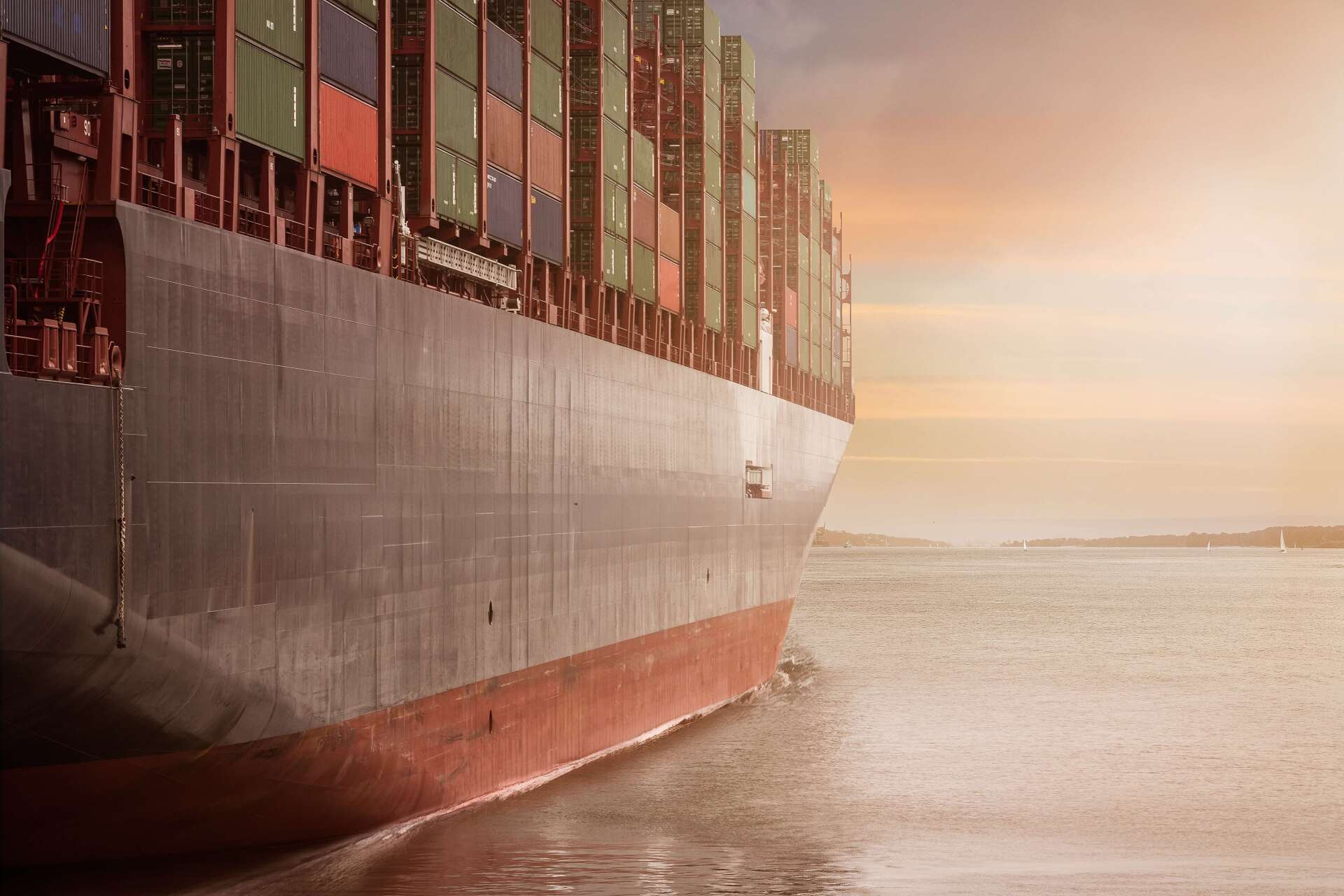Logistics in the supply chain
By KENSA Logistics
What role does logistics play in the supply chain?
On occasion, there is confusion between the terms ‘logistics’ and ‘supply chain’ because of their relation within a company’s or an industry’s structure.
This confusion can give rise to poor management and, in consequence, a breakdown in the organizational structure.
However, in terms of hierarchy, logistics is a part of the supply line that involves more than just a series of tasks.
To understand the role of logistics in the supply chain, ideally, its functions and objectives must be explained.
The main functions of logistics in the supply chain
The functions of logistics go beyond transporting goods from one point to another.
There is a wide range of competencies in logistics which vary in accordance with the company’s needs and the peculiarities of the product.
Evidently, if the different functions listed below did not exist, it would not be possible deliver to the clients in the stipulated timelines while, at the same time, meeting their demands.
In fact, in order to effectively and efficiently deal with requests, the logistics process in the supply chain covers two stages:
- The procurement channel. Where the goods are transported from a production center to the factory or distribution warehouse.
- The distribution channel. It consists in the transfer from the warehouse or factory to the point of sale.
Therefore, the objectives of logistics planning focus on 6 aspects:
- Inventory control. It involves keeping track of the products available in order to offer them to the client when they are required.
This is not all. Managing the inventory helps optimize the entry of products, resulting in high efficiency of the logistics process.
- Access to goods. Swift movement of the different products is one of logistics’ most interesting functions.
Its importance lies in the fact that it allows the company to establish an efficient contract with its clients and, at the same time, it allows it to respond to consumer needs, at the very least, in a short period of time.
- Warehouse operation processes. They cover different functions, from internal transport to picking.
When we speak of picking, we are referring to the plan for collecting goods for dispatch to customers.
- Transport and distribution of goods. This refers to one of the most visible functions of logistics.
The key is always keeping it part of a whole, because, if the preliminary tasks are not performed, it will inevitably limit the movement of the goods.
At this stage, it is important to take into account the planning and efficiency of the routes.
- Traceability. It is important to be familiar with the product history over the course of the logistics process, as far as both time and space is are concerned
One of the main advantages of this function is that, afterwards, the company has the necessary information to help them understand the entire process of purchasing a particular product. This enables them to conduct subsequent analyses so as to improve the logistics service.
- Reverse logistics. We are convinced that logistics companies need to be familiar with the different stages for sending a product to their customers.
Reverse logistics is applied from the moment an order is delivered. It includes accessing, returning and tracking customer satisfaction following the purchase.
Do you need help to optimize your supply chain’s logistics?
Remember that every company depends on its clients.
For this reason, before seeking help to create your logistics strategy, you should answer try and two questions:Como ya lo hemos dicho, la bandera de la logística es satisfacer la demanda de las mejores condiciones de servicios, calidad y costo.
- How can you improve your clients’ experience?
- By which means?
If you do not know the answer, at KENSA Logistics, we can design logistics solutions for every sector and every need.
Our team of experts is familiar with the secrets of integrated logistics and the characteristics of each region. For this reason, we are in a privileged position to be able to help guide our clients and get the best results.



